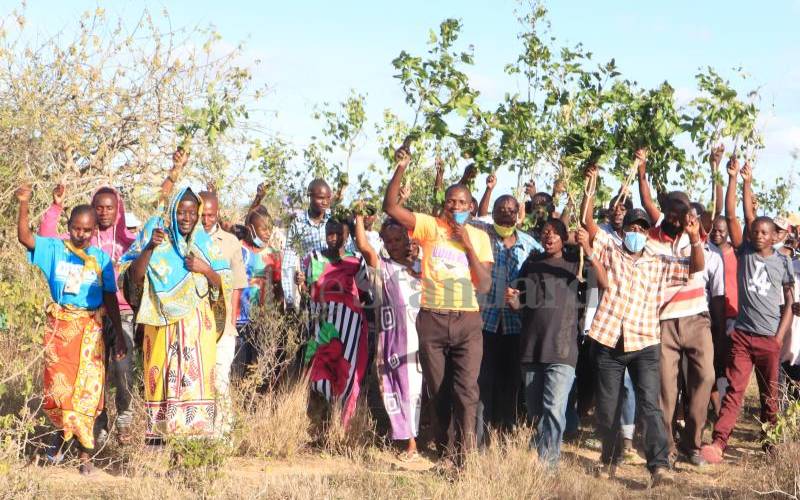×
The Standard e-Paper
Kenya’s Boldest Voice

Landowners and squatters in Kilifi County have resorted to Alternative Dispute Resolution Mechanisms (ADRM) to resolve decades-long land disputes mediated by the area government.
Landowners agreed to the mediation process claim that the time spent in court has deprived them of a chance of any meaningful business on their land. Squatters have complained of delayed justice and interference by politicians and wealthy investors with interests in the disputed property.